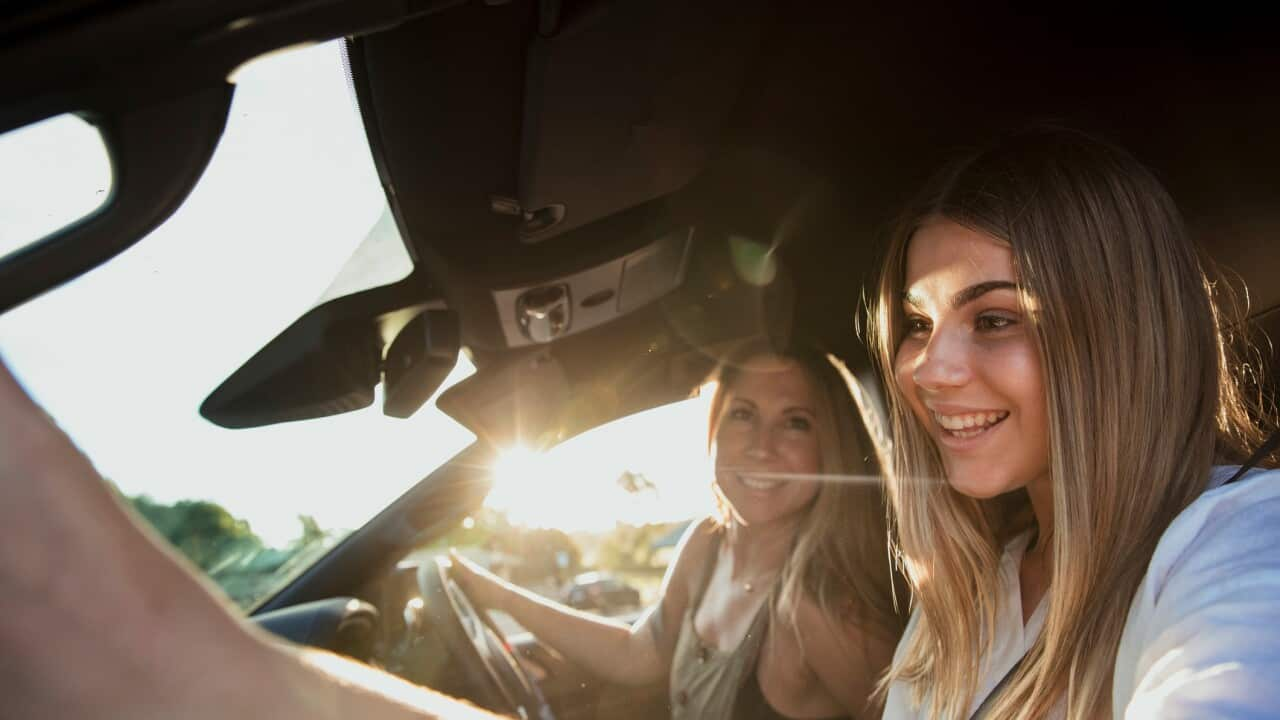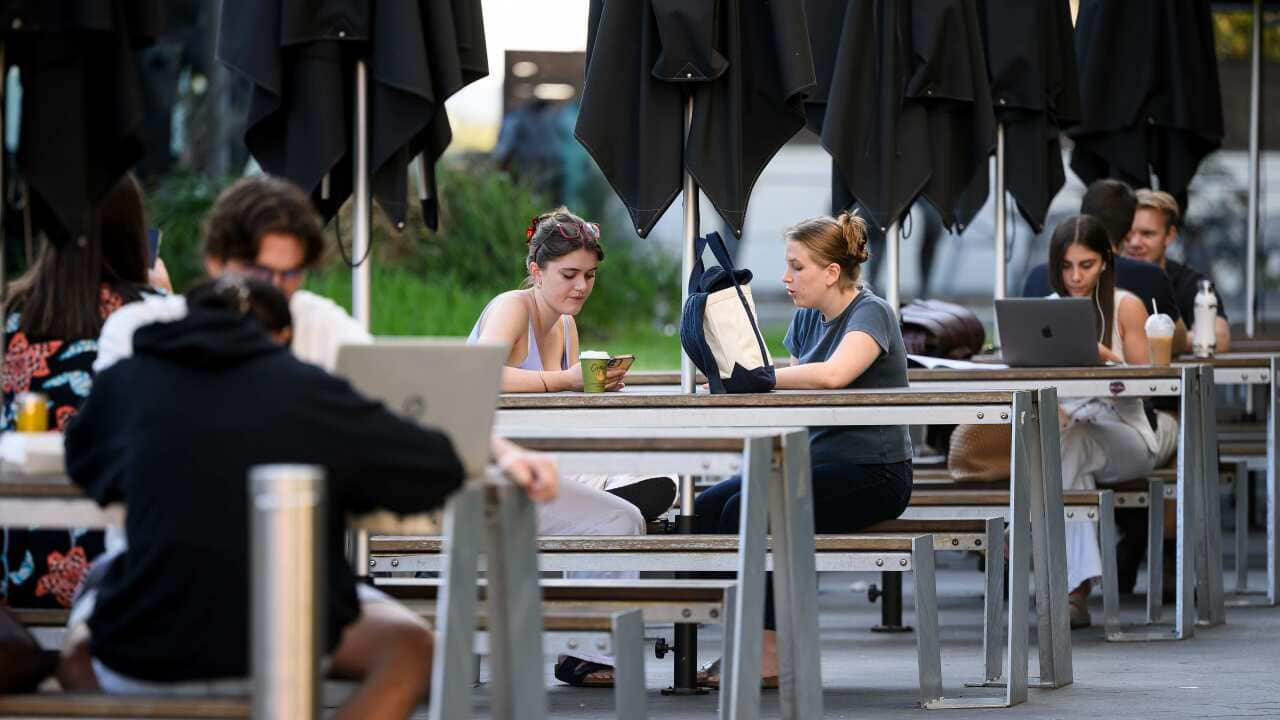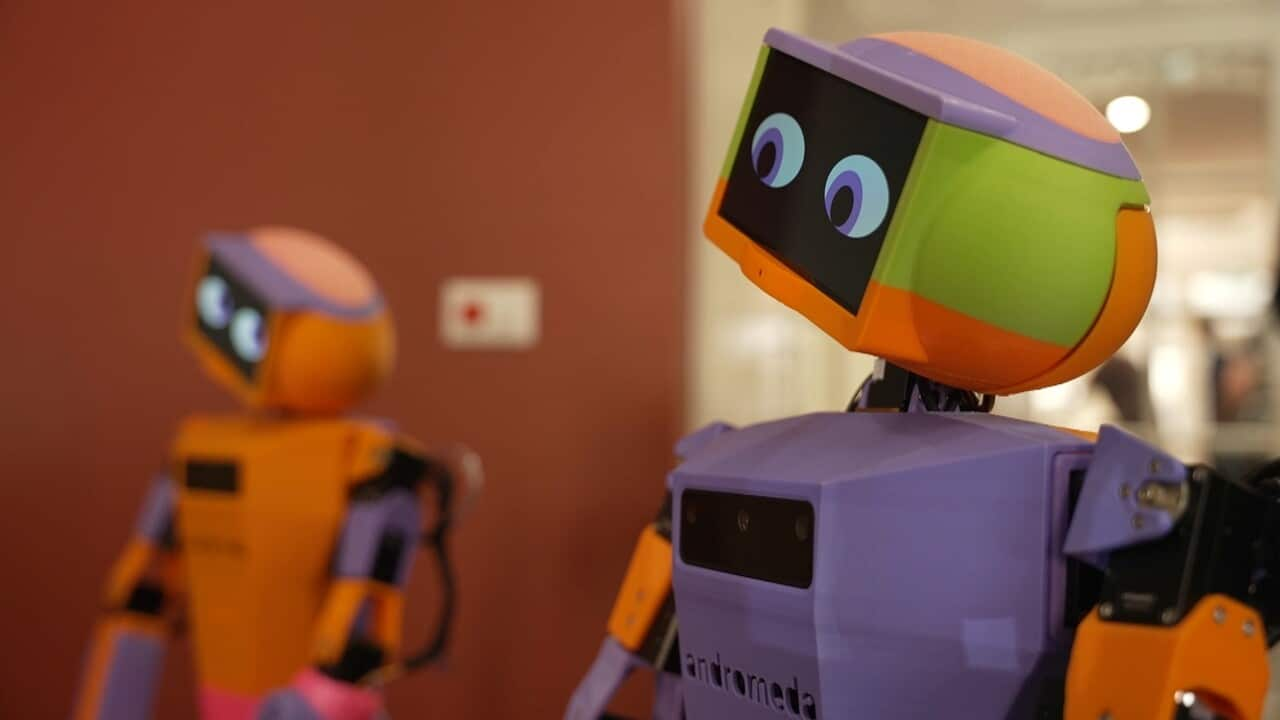This lesson suits upper-intermediate to advanced learners. After listening, to test your learning.
Learning notes
Lesson language objective
Useful phrases when we pick up and return a rental car
Useful phrases when picking up a rental car
- I booked online and I’m here to pick up my rental.
- I am the sole driver of the car.
- I want to opt-in/opt-out of paying extra to reduce my excess.
- I’d better hit the road to beat rush hour!
Useful phrases when returning a rental car
- There are no signs of damage on the car.
- The car looks the same as in the inspection report.
- Everything’s in one piece.
- I filled up the tank at the servo.
Colloquial expressions:
To have itchy feet means to feel the need to travel or to do something new. “My brother often gets itchy feet.”
A rental is a shortened version of ‘rental car’ ‘This car isn’t mine. It’s a rental.’
To be good to go means to be ready or prepared for something ‘I’ve spent all morning packing the car. Now I’m good to go.’
To hit the road means to set out on a journey ‘We’d better hit the road or we’re going to be late!’
Rush hour is a shortened version of ‘rush hour traffic’, meaning when a lot of vehicles are on the road, typically at the start or end of a workday. ‘Let’s leave really early and beat rush hour.’ Or ‘Let’s leave really early and beat the rush hour traffic.’
To be in one piece means something or someone is unharmed or undamaged. ‘I returned the car in one piece, or even after a stressful week, I’m still in one piece.’
A backseat driver is a passenger who gives directions to the driver that they do not want or need. It can also mean someone who is enthusiastic about giving advice about something they are not actually doing themselves and are not responsible for. ‘Grandma is such a backseat driver.’
Off the beaten track is a place that not many visitors or tourists go to. ‘I’m feeling adventurous! Let’s go somewhere of the beaten track.’
Sweet means awesome! ‘That’s a sweet phone you have there!’
Vocabulary:
SUV – Sports utility vehicle. ‘His dad bought him a new SUV after he passed his driving test.’
Excess – Shortened version of ‘excess insurance’. This type of insurance covers the amount you have to pay if the rental car is damaged or stolen. ‘Read the contract carefully. It’s important you know how much the excess is.’
Opt-in / Opt-out – These two have opposite meanings. To opt-in means to choose to do or accept something, while opt-out means you choose not to do or accept something. ‘I like the coverage. I’ll opt-in. “
Servo – Shortened version of ‘service station’, where you fill up your tank with petrol or gas. ‘I’m low on petrol. I better head to the servo.
Inspection report – This report includes any damage to the inside or the outside of the vehicle, how much fuel it has and how many kilometres if has travelled before it is handed over to a customer.
Cultural information:
There are over 350 road rules in Australia which it is essential for drivers, cyclists, pedestrians and other road-users to know. Some rules are the same all across Australia, but others are different in each state and territory, and some are quite unexpected/ unusual.
Transcript
(Note: This is not a word-for-word transcript)
Hi! You are listening to the SBS Learn English podcast, where we help Australians to speak, understand and connect through English.
My name is Josipa, and like you, I'm learning the English language.
And this week we are going to practice some useful phrases you can use when picking up and dropping off a rental. By the way, dropping off a rental means returning the rented car.
Australia is a beautiful country with different landscapes to explore, and I often get itchy feet.
We say that someone gets itchy feet when they feel the need to travel or do something new.
If, like me, you rent a car when you want to explore, you might find the following conversation very useful.
Today, Allan is working as a receptionist at the car rental, and Maryanne is his customer.
Maryanne:
Hi! I booked online and I’m here to pick up my rental. Here is my credit card and driver’s license.
Allan:
Hello! Thanks. Ah, yes, I see your booking. Can I please confirm that you will be the sole driver? Will there be anyone under 25 driving this vehicle?
Maryanne:
Yes, I’ll be the only one driving and I’m way past 25. My friend will be with me on the road trip, but she doesn’t drive.
Allan:
Okay, I’ve noted that down. Would you like to pay extra to reduce your excess?
Maryanne:
Hmmm, I don’t think so. I think it’s unlikely I’ll have an accident so I’ll opt-out this time.
Allan:
I think I have everything I need from you. You should be good to go.
Maryanne:
I better hit the road to beat rush hour!
Let’s take a closer look at what they said. First, we have Maryanne,
I booked online and I’m here to pick up my rental.
Here, ‘rental’ refers to a rental car.
‘Rental’ can also refer to anything that is rented, such as a house or a piece of equipment. For example, someone renting a house can say, ‘This isn’t my house. It’s a rental.’
Allan then said,
Can I please confirm that you will be the sole driver? Will there be anyone under 25 driving this vehicle?
Allan confirms with Maryanne if she is the sole driver, or the only driver, of the rental. He also asks about the age of any other drivers.
The reason why Allan is confirming whether there are other drivers and if they are under 25 is because car rental companies will typically add on a daily surcharge, or extra fee, if anyone driving the car is younger than 25 years old.
Allan then asked Maryanne,
Would you like to pay extra to reduce your excess?
The excess is the amount you need to pay the rental company if your hire car becomes damaged or stolen.
Choosing to pay for this excess insurance means that if you have an accident, you won’t need to pay so much to repair the damage, but this extra cost means that renting your vehicle is more expensive.
Maryanne then said,
I think it’s unlikely I’ll have an accident so I’ll opt-out this time.
To opt-out means to choose not to participate in something, while to opt-in means the opposite.
You can say you are opting out of something or in to something that someone is inviting you to do.
Allan then said,
You should be good to go.
Being ‘good to go’ means that a person or even a thing is ready, usually ready to go. For example, ‘My bags are packed. I’m good to go.’ Or, ‘I’ve looked over this report at least five times. This should be good to go.’
At the end we heard Maryanne,
Thanks! I’d better hit the road to beat rush hour!
To ‘hit the road’ means to start a journey. For example, ‘It’s getting late. I must hit the road!’
‘Rush hour’ is short for ‘rush hour traffic’. This occurs when a lot of cars are on the road, typically before the beginning or end of a workday. To beat the rush hour means to avoid it.
Let’s now turn our attention to words and phrases that are useful when you return a rental car.
Maryanne had a wonderful time on her road trip, and she is returning or dropping off her rental.
Maryanne:
Hi! I’m here to return my rental. Don’t worry - everything’s in one piece and I filled up the tank at the servo.
Allan:
Great! Let’s take a look at the vehicle. From what I can see, there are no signs of damage on the car. It looks the same as on the inspection report. Did you go to anywhere off the beaten track?
Maryanne:
We did! My friend was such a backseat driver that we got lost! We had so much fun though.
Allan:
Sweet! I’m glad you enjoyed your trip.
Let’s take a closer look at what Allan and Maryanne said.
First we heard Maryanne,
I’m here to return my rental. Don’t worry - everything’s in one piece and I filled up the tank at the servo.
When Maryanne returns the rental car, she tells Allan that everything is in one piece. The phrase ‘in one piece’ means that the car is not damaged.
We can use the phrase ‘in one piece’ to describe a person or a thing, especially after a stressful or dangerous situation. For example, ‘I got into an accident last week, but thank goodness, I’m all in one piece!’ Or, ‘The storm hit our town, but our house is still in one piece.’
Maryanne also said that she filled up the tank at the servo. Servo is short for ‘service station’, where we can buy petrol or gas to fill our cars. In Australia we usually use the word 'petrol', whereas in America it is more common for people to say 'gas'.
A rental car agreement will often say that you have to return the car with a full tank of petrol.
Allan then said,
From what I can see, there are no signs of damage on the car. It looks the same as on the inspection report.
When you return a rental, the company checks for any signs of damage.
The inspection report includes a note of any damage to the inside or the outside of the vehicle, how much fuel it has and how many kilometres if has travelled before it is handed over to a customer.
This is an important document because the company uses it when they check on damage to the car when you return it. If there is any damage on the car that is not in the report, you might have to pay to have it fixed.
Did you go to anywhere off the beaten track?
A place that is ‘off the beaten track is somewhere that does not get many visitors. Hidden caves, deserted islands and tracks deep in the forest are examples of places that we can say are off the beaten track.
Maryanne then said,
My friend was such a backseat driver that we got lost!
While ‘backseat driver’ often refers to a passenger who gives a direction that the driver doesn’t want or need, we can also use it more generally to mean someone who is enthusiastic about giving advice about something they are not actually doing themselves and are not responsible for.
For example, you can also say, ‘She's such a backseat driver. She knows nothing about cooking, but she keeps on giving instructions’
At the end Allan said,
Sweet! I’m glad you enjoyed your trip.
‘Sweet!’ means ‘Great’ or ‘Awesome!’ It can be used on its own as an expression, or to describe something wonderful. For example, ‘We got a sweet deal on this rental.’
My guest today is my friend Chris. Chris, why do you love road trips so much?
Chris:
Ha ha, what’s there not to love? Blue sky, nice music, you live in the moment, always curious and open for new opportunities, exploring new communities, yeah, I love road trips.
Josipa:
I don’t have much experience on Australian roads. Can you tell me - what should be careful about if I’m traveling in different states?
Chris:
Well, the first thing to know is that each state any territory has their own set of road rules and some are quite unusual. So, the first thing is to find out is what rules apply to the places you are visiting.
Josipa:
You mentioned unusual rules. Can you give some examples?
Chris:
For example, in New South Wales, you could get a fine if you splash mud on people waiting at bus queues. If you splash water on them, then you’re ok, but if there is mud in it, you could, in theory, get fined.
Josipa:
Any other rule that no one knows about?
Chris:
Well, in Western Australia, a driver or passenger is not allowed to open or drink alcohol while inside a car – even if it is parked, if it is on a public street. The fine can range anywhere between $200 to $2000.
Josipa:
Oh wow! That hurts! That’s even more than the cost of petrol at the servo nowadays! What about Victoria?
Chris:
Melbourne has a particular rule called hook turns. The purpose of this kind of turn is to keep the centre of the road free for trams so they can move more easily. So basically, when you are driving in the city centre where there are trams, you need to use the left lane to turn right wherever you see the hook turn sign. Honestly, it sounds more complicated than it is.
Josipa:
That’s good to know for my trip to Melbourne next month. What about you, Chris – any plans for a road trip soon?
Chris:
Definitely! We’re hitting the road as soon as the school holidays start. We’ll probably head off to Tasmania, perhaps somewhere off the beaten track.
Josipa:
Sweet! I can’t wait for all your stories then.
A big thank you to our educational consultant Professor Lynda Yates, our guest Chris Broad, Paul Nicholson and Coni Laranjeira who voiced the characters of Allan and Maryanne.




